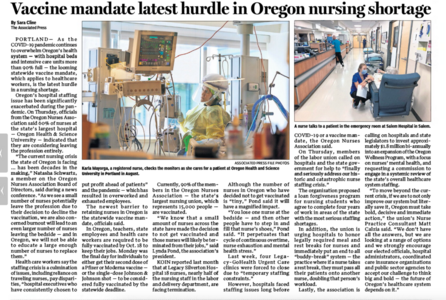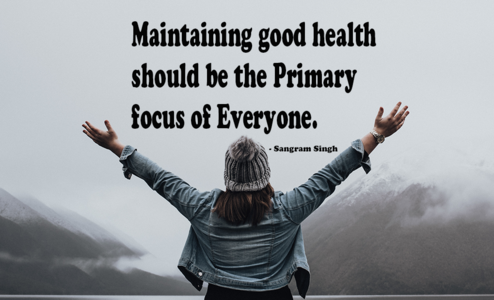- Joined
- Jun 8, 2008
- Messages
- 54,123
Wow we just got a call from the first surgeon we met with last week. The hospital's regional manager for the entire conglomerate called us an hour ago asking why we weren't going with them and we told her it was because 1. the biopsy and surgery got delayed because the surgeon was exposed to Covid and 2. we met with a different surgeon who did the biopsy immediately and we clicked with him.
Having said that I think both surgeons are excellent. Well the surgeon called to talk to us further at 4:30 PM today. Turns out though he had tried us at 10AM this morning but we missed the call and Greg just saw it now.
The surgeon was so honest with us. Probably too honest. But I appreciated it.
He told us how messed up the administration is and how poorly the hospitals are run and how they keep losing employees because they are treated badly and how it is just him and his assistant keeping the department together. How it's all a numbers game and how they have to refer within the hospital or they will get fired.
Greg spoke with him for over 30 minutes. The surgeon called him from his mobile and he is still at home in quarantine. What happened and why the biopsy was postponed was that the surgeon tested positive for Covid 19 during a routine test. All hospital employees get tested routinely. He had no symptoms and has been cleared to go back to work Friday.
We are both shocked but not surprised. This surgeon seems like a decent guy and an excellent surgeon but this is the state of health care in the USA today.
It's big business over caring about the health of the individual. I saw it in my field when new admin came in and it was the main reason I retired early. I refused to be told how to treat my patients and what to prescribe and who to refer to and I insisted on giving each patient all the time they needed. Which caused big problems. I still had to fight to leave (and retire) as they didn't want to let me but I had enough. And surgeons and MDs and other health care workers are going through a similar scenario every single day all over this country. Pressure to see the most people in the least time and refer within network and treat patients as they are told to by administrators.
Sad state of affairs.

Having said that I think both surgeons are excellent. Well the surgeon called to talk to us further at 4:30 PM today. Turns out though he had tried us at 10AM this morning but we missed the call and Greg just saw it now.
The surgeon was so honest with us. Probably too honest. But I appreciated it.
He told us how messed up the administration is and how poorly the hospitals are run and how they keep losing employees because they are treated badly and how it is just him and his assistant keeping the department together. How it's all a numbers game and how they have to refer within the hospital or they will get fired.
Greg spoke with him for over 30 minutes. The surgeon called him from his mobile and he is still at home in quarantine. What happened and why the biopsy was postponed was that the surgeon tested positive for Covid 19 during a routine test. All hospital employees get tested routinely. He had no symptoms and has been cleared to go back to work Friday.
We are both shocked but not surprised. This surgeon seems like a decent guy and an excellent surgeon but this is the state of health care in the USA today.
It's big business over caring about the health of the individual. I saw it in my field when new admin came in and it was the main reason I retired early. I refused to be told how to treat my patients and what to prescribe and who to refer to and I insisted on giving each patient all the time they needed. Which caused big problems. I still had to fight to leave (and retire) as they didn't want to let me but I had enough. And surgeons and MDs and other health care workers are going through a similar scenario every single day all over this country. Pressure to see the most people in the least time and refer within network and treat patients as they are told to by administrators.
Sad state of affairs.










300x240.png)